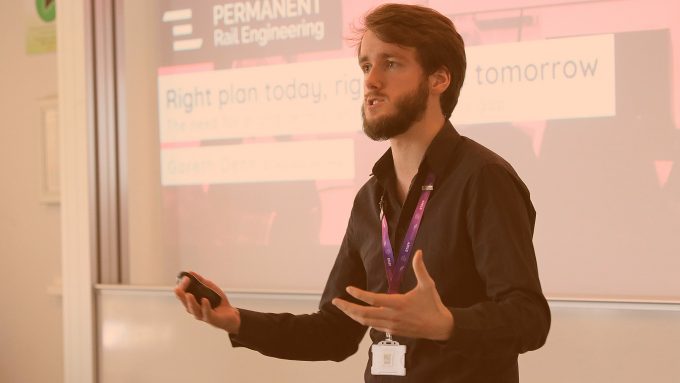Norfolk Southern CEO set to quit following misconduct allegation
Norfolk Southern chief executive and president Alan Shaw is reportedly set to resign amidst a ...

A battle for the soul of Britain, happening almost entirely on Twitter, has spilled out into the real world, pitching UK motorists and rail commuters against one another in an imagined zero-sum conflict, alongside the second leg of HS2 being cancelled.
The ...

Comment on this article